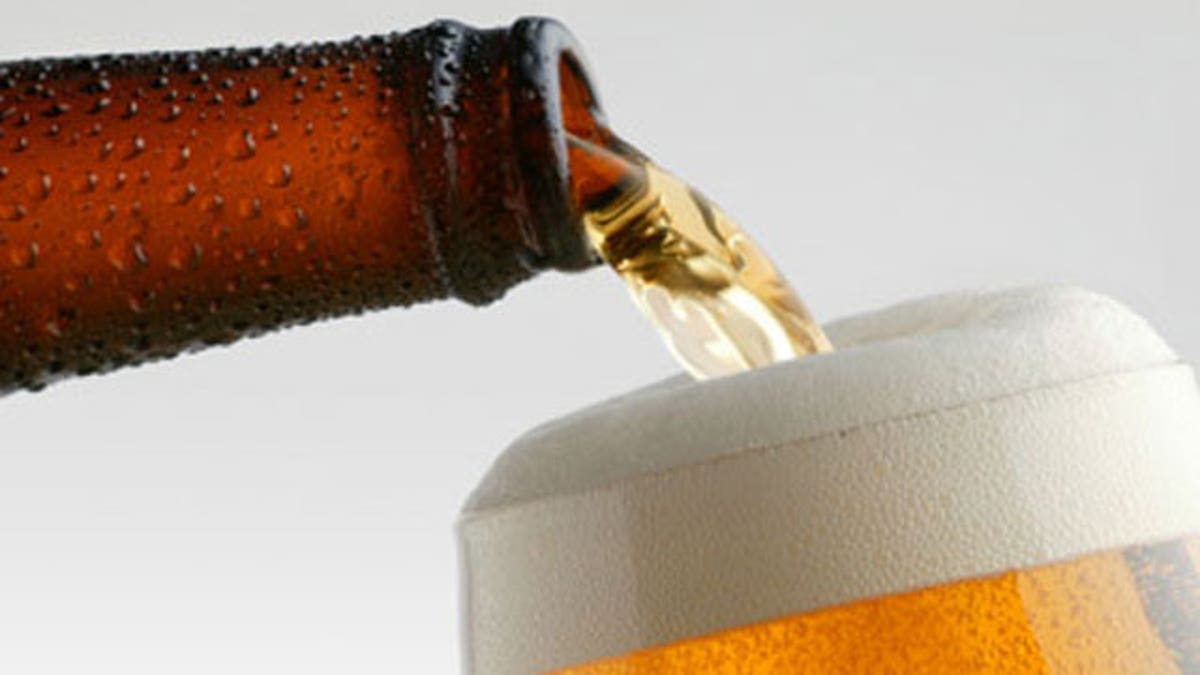
Binge drinking during adolescence may permanently disrupt a person's stress hormones, leading to mental disorders in adulthood, based on new research on rats.
A study found that rats exposed to high levels of alcohol in adolescence have altered stress responses in young adulthood. These changes could produce disorders like anxiety and depression, the researchers reported today (Nov. 15) at the annual meeting of the Society for Neuroscience in San Diego.
Although researchers don't yet know if the results apply to humans, the findings raise alarming questions about teenagers' binge drinking, said study researcher Toni Pak, a professor of cell and molecular physiology at the Loyola University Stritch School of Medicine, in Maywood, Ill.
"Exposing young people to alcohol could permanently disrupt normal connections in the brain that need to be made to ensure healthy adult brain function," Pak said in a statement.
Teen bingers
For men, downing five drinks in succession qualifies as binge drinking; for women, the number is four. In a 2005 survey recorded by the Substance Abuse and Mental Health Services Administration, 18.8 percent of youth ages 12 to 20 reported binge drinking within the previous month. About 6 percent of all youth were not only binge drinkers but heavy drinkers, meaning they went on binges at least five days during the previous month.
To investigate the long-term effects of bingeing, Pak and her colleagues exposed adolescent rats to eight-day cycles of bingeing, starting with three days of alcohol exposure, two days off, and then three more days of alcohol. On binge days, the researchers injected rats with alcohol to raise their blood alcohol level to between 0.15 to 0.2 percent. (By comparison, the legal limit for people driving in the United States is 0.08.) A control group of rats got saline injections.
A month later, when the rats were young adults, the researchers injected them with saline, a one-time alcohol shot, or an additional eight-day round of bingeing. After each injection, the researchers measured the rats' production of corticosterone, a stress hormone much like human cortisol. This hormone is produced in response to scary situations or systematic stressors — such as a jolt of alcohol to the system.
The stress of bingeing
All of the rats injected with alcohol saw a jump in corticosterone production. But in those that binged in adolescence, the jump was significantly larger. Teen rat bingers also had lower base levels of the hormone than those that had stayed sober.
The findings suggest that alcohol exposure during the critical adolescent period of development can have permanent effects on the brain, the researchers reported.
Chronic exposure to stress hormones has been associated with depression and anxiety, Pak said, suggesting that binge drinking-induced spikes in corticosterones could translate to mood disorders down the road.
• Understanding the 10 Most Destructive Human Behaviors
• Never Too Late: 5 Bad Habits You Should Still Quit
• Alcohol and Hangover Myths Revealed
